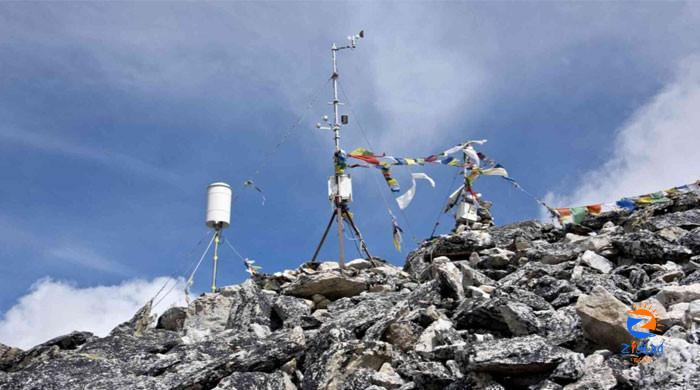
[ad_1]
The China-Pakistan Joint Research Centre for Earth Sciences (CPJRC) and the National Disaster Management Institute (NDMI) have formalised an agreement aimed at improving disaster management, especially in Pakistan’s northern mountain regions that are prone to earthquakes and landslides.
The cooperation deal was signed between the Chinese Academy of Sciences (CAS) and the National Disaster Management Authority of Pakistan (NDMA).
Under the agreement, an advanced disaster risk simulation and early warning forecast systems will be deployed to bolster disaster resilience in Pakistan’s northern mountainous areas.
As per the agreement, both sides will work to promote the implementation of mountain disaster risk simulation and early warning forecast systems.
It is expected to set up new monitoring stations that will enhance risk assessment and data collection, crucial for timely and effective disaster response, the Chinese media reported.
Academician Cui Peng, Executive Deputy Director and Chief Scientist of CPJRC, showcased the mountain disaster risk simulation and early warning forecast system, expressing optimism about its successful implementation in Pakistan and the potential for effective future collaboration between the two sides.
He noted that the signing of the cooperation agreement would enhance further cooperation and exchange between the parties.
CPJRC, established by CAS and Pakistan’s Higher Education Commission under a mutual agreement, focuses on scientific research and education in earth sciences.
It is based at Quaid-e-Azam University and hosted by the Institute of Mountain Hazards and Environment, CAS.
[ad_2]
